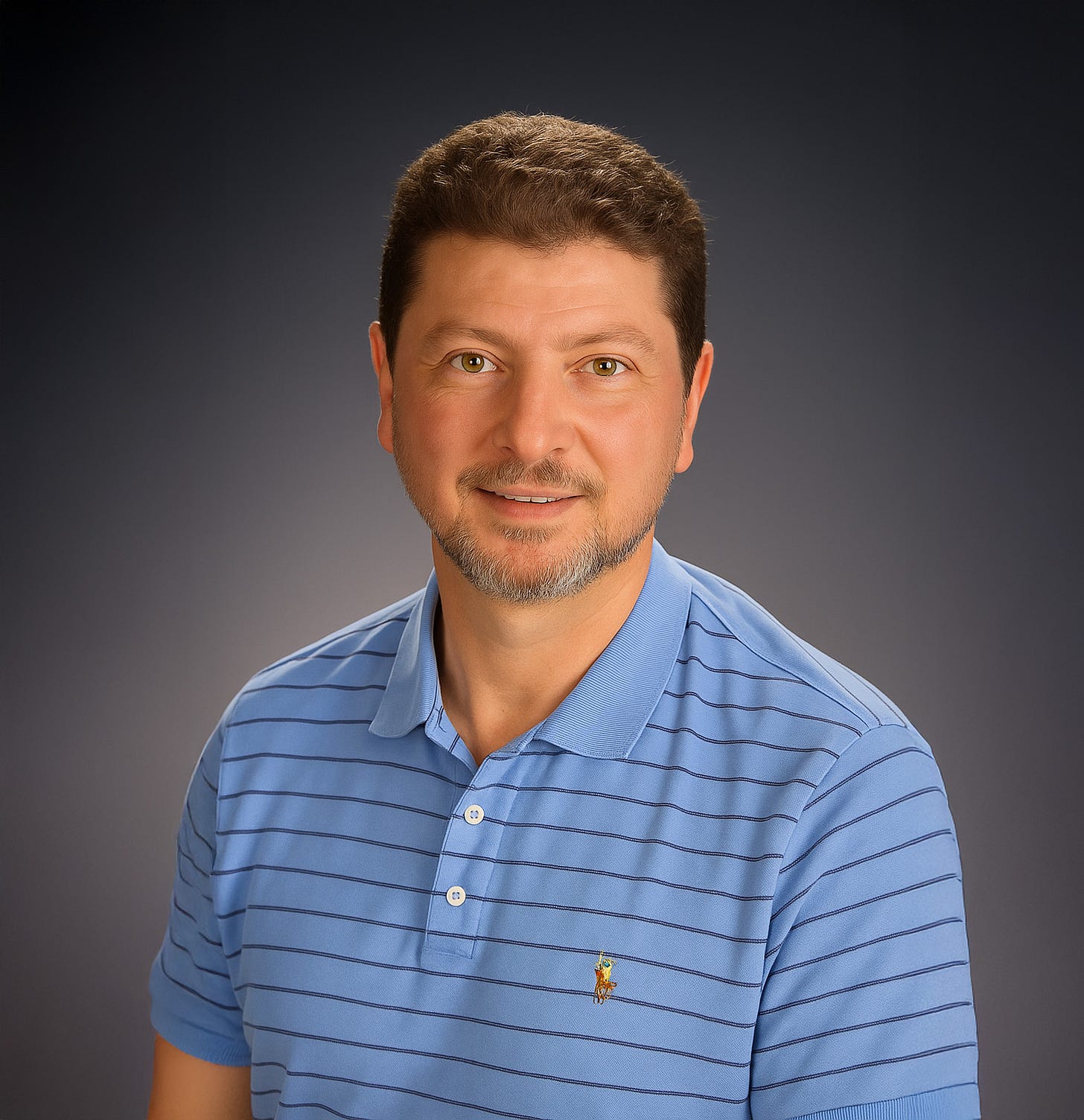The Immigration and Customs Enforcement agency continues to hold North Texas Islamic community leader Marwan Marouf in detention since his arrest on September 22. The supporters who gathered outside the court building called for his immediate release, saying his detention is motivated by politics.
The 54-year-old Richardson resident and Muslim American Society of Dallas leader, Marwan Marouf, has been held at the Bluebonnet detention center in West Texas for more than a month since his September 22 arrest for visa overstaying, which his lawyers dispute as an incorrect charge because he has lived in the United States for 30 years. The public became interested in his case because of his detention conditions and the lack of official information about his situation.
Terror Charges Complicate Release Efforts
The Department of Homeland Security filed new terror-related civil complaints against Marouf just before his bond hearing started on Thursday, which prevented his lawyers from obtaining medical release. The government brought these charges because he supported a Palestinian orphan through the Holy Land Foundation for Relief and Development in Richardson during the 1990s, before the organization became a terrorist organization in 2001.
The judge should understand Brother Marwan’s true nature as a service-oriented person of good character, as he deserves to stop deportation proceedings and return home to his family and community, according to attorney Noor Wadi during the hearing.
The government supports his detention without bond because these immigration complaints require less evidence than criminal charges. The Department of Homeland Security has started using a new policy that denies bond access to people who entered the country through proper immigration channels.
Medical Emergency Behind Bars
The legal team representing Marouf presented his Brugada syndrome diagnosis to the federal immigration court because it explained that detention facilities do not have the necessary equipment to track his pacemaker, which he requires due to a rare heart condition that causes dangerous heart rhythm problems, which increase his risk of dying from cardiac arrest. The same condition led to his previous heart attack.
Wadi explained to the public that Marouf dedicated forty years to feeling deep distress because Marouf received immediate and unjust detention after dropping his son off at school.
The American Heart Association conducts medical research that demonstrates that Brugada syndrome patients face dangerous heart conditions that put their service to their community at risk until their arrest, which caused North Texas to experience a significant shock. The community continues because their hearts develop abnormal electrical patterns that result in fatal ventricular fibrillation and tachycardia. Brugada syndrome affects between 1 in 10,000 and 30 in 10,000 people and shows increased occurrence among Asian male populations.
Decades of Community Service
Marouf came to the United States legally more than 30 years ago as a student and was later sponsored on a work visa. He founded North Texas’s most considerable Boy Scout troop, led youth drug awareness programs, served as a Red Cross disaster relief responder, and coordinated food deliveries to hospitals and shelters during the COVID-19 pandemic and winter storms.
Broader Policy Implications
The Trump administration made substantial changes to immigration detention procedures, which impacted the progression of this case. The Department of Homeland Security announced on July 8 that it would enforce mandatory detention for all unauthorized entry cases, preventing immigration judges from conducting bond hearings for thousands of detainees. The Laken Riley Act’s expanded detention authority now combines with the new policy to create longer prison stays for detainees who experience harsh detention environments, according to advocacy groups.
The Muslim Legal Fund of America, which has defended Marouf since, accounts for new evidence proving his eligibility for permanent residency. Multiple civil rights organizations, together with interfaith supporters2015, showed that his green card denial resulted from outdated beliefs that failed to understand his detention as a continuation of efforts to silence Muslim leaders who serve their communities.
The Houston courthouse hearing lasted into the afternoon. At the same time, supporters and family members maintained a vigil outside to protect the man they see as the embodiment of community service through compassion. The outcome of Marouf’s case will establish immigration officials’ procedures for handling terror-related charges against American charity workers from Muslim communities who face rising surveillance.



